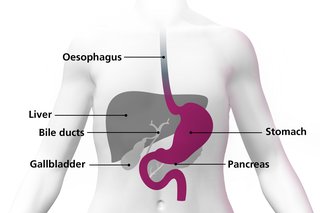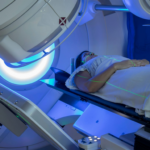
Understanding pancreatic cancer.
Abdomen contains various organs like stomach, large intestine, liver, large intestine, spleen pancreas, urinary bladder, kidneys. Cancer can develop in any of these organs. In this article I am going to explain the Cancer of pancreas. Pancreas is a gland located below the stomach. The function of the pancreas gland is to produce some enzymes like insulin, Glucagon, somatostatin and pancreatic polypeptides. The pancreas has an important role in digestion and glucose metabolism of the body. The risk of pancreatic cancer increases with age. There are some risk factors like alcoholism, Tobacco chewing and smoking. Some percentage of patients might have a family history of pancreatic cancer.
Symptoms of pancreatic cancer
The patient might have pain in abdomen, nausea and vomiting, in digestion, blood in stools, black
colour stool, lump in abdomen and loss of appetite.
How to diagnose pancreatic cancer?
There are few tests done to diagnose pancreas cancer. Triple phase CT scan is investigation of choice for pancreatic cancer. In this test we understand The extent of spread of disease. Another important test in diagnosis of pancreas cancer please endoscopy and ERCP. There is a blood test 19-9 also called a pancreatic Tumour Marker can be done to diagnose Pancreatic cancer.
Adenocarcinoma is the most common type of cancer in pancreas. apart from that pancreas can
have other tumours like carcinoid and neuroendocrine tumours.
Treatment of pancreatic cancer
There are three types of treatments available for pancreatic cancer. The choice of treatment
depends on the stage of the disease and type of cancer. Surgery, chemotherapy and Radiation therapy are three types of treatments available for treatment of pancreas cancer. The most common surgery done in pancreatic Cancer is Whipple’s surgery. The pancreas has rich blood supply and lymphatic supply that’s why the surgery of pancreas is critical.
In chemotherapy some cancer medicines are given through oo veins or in the form of tablets. In radiation therapy tumour is treated with high energy rays like X-rays and gamma rays. These high energy rays react with DNA of tumour cells and destroy tumours.




